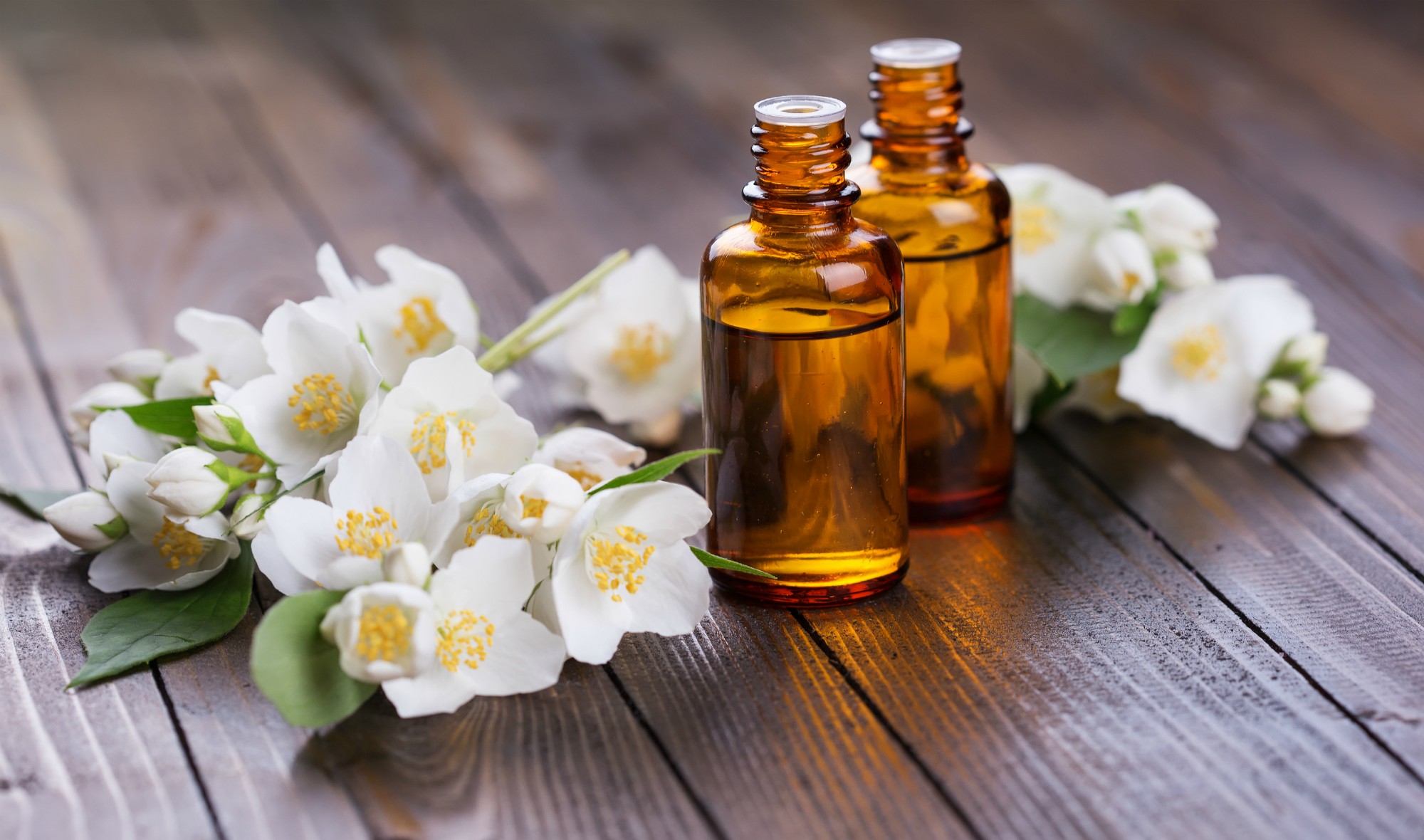
Scientific Name: Jasminum
Higher Classification: Jasmineae
Family Name: Oleaceae
Rank Name: Genus
Order Name: Lamiales
Kingdom: Plantae
Jasmine Oil
Published Date: 6/17/2023 6:00:33 AM
Jasmine plant type: Climbing shrub with dark-green leaves and small, star-shaped, highly fragrant, white flowers. It's flower Parts are used.
Method of extraction: CO2 or solvent extraction
Data: The delicate flowers are hand-picked before dawn, when their aroma is most intense, then they’re processed to produce a concrete from which the absolute is obtained. Over a ton of flowers are required to produce 4 pounds of absolute. This is a very labor-intensive process, which accounts for the high price of jasmine. Native to the valleys of the Himalayas in northeast India, the highly fragrant jasmine was brought to Europe by Spanish seafarers in the sixteenth century. When perfumery became an important industry in Grasse, France, jasmine was at its core. The medicinal qualities of jasmine have been utilized for centuries in India, China, and Arabia - the native source of a jasmine variety with fleshier petals, Jasminum sambac. Today, jasmine tea is valued in China, and jasmine flower garlands are offered to guests in India.
Principal places of production: France, India, Egypt, China
When buying look for: Viscous, golden amber to orange-brown liquid with a sweet, rich, intensely, floral aroma
Therapeutic properties: Antidepressant, antiseptic, antispasmodic, calmative, cicatrizing, nervine, sedative, stimulant.
Therapeutic uses: Infertility, menstrual cramp, abdominal spasm, nervous tension, nervousness, stress-related conditions, lethargy, apathy, fatigue, insecurity, low self-esteem, anxiety, depression.
Blends well with: Amyris, bergamot, black pepper, cardamom, chamomile, roman, cistus, clary sage, coriander seed, frankincense, geranium, ginger, grapefruit, lemon, linden blossom, mandarin, melissa, neroli, orange (sweet), petitgrain, rose maroc, sandalwood, ylang ylang, yuzu
Precautionary advice: No contraindications known. GRAS status.
For Pitta: Due to sweet, cooling and calming property, Jasmine oil is used.
Uses: Jasmine Oil eases child birth, helps fight depression, provides relief from anxiety & stress, boosts concentration, relaxes spasms, helps regulate menstrual cycles, enhances libido, insomnia, protects the uterus, prevents infection, promotes lactation in mothers, facilitates birthing process, stimulates sexual desires, reduces labor pain in women. It used as skin tonic (lotion), It treats eczema & dermatitis, provides relief from cough.